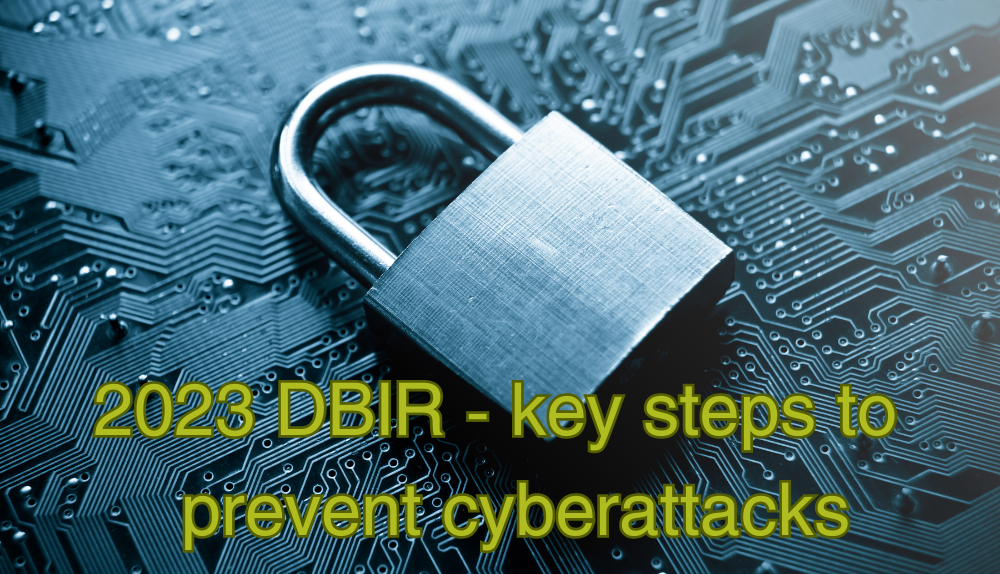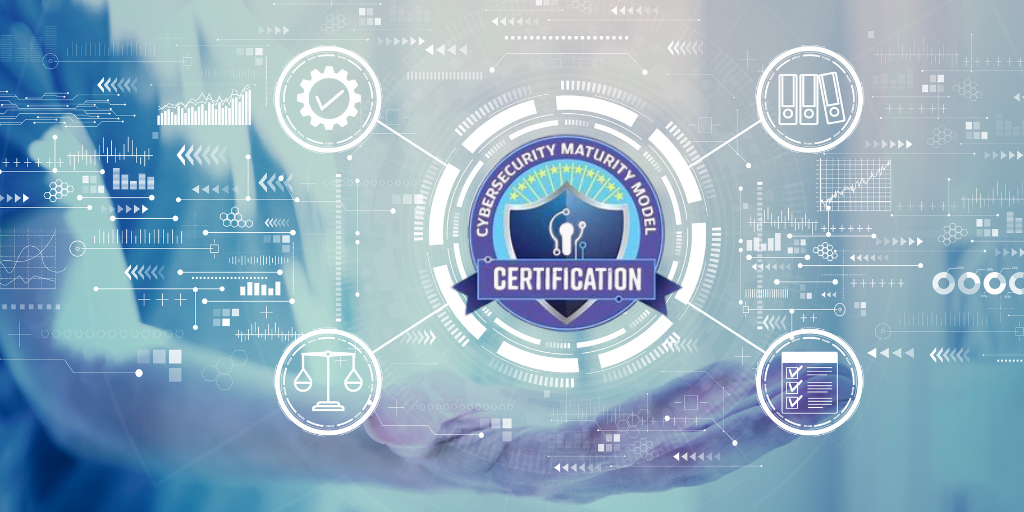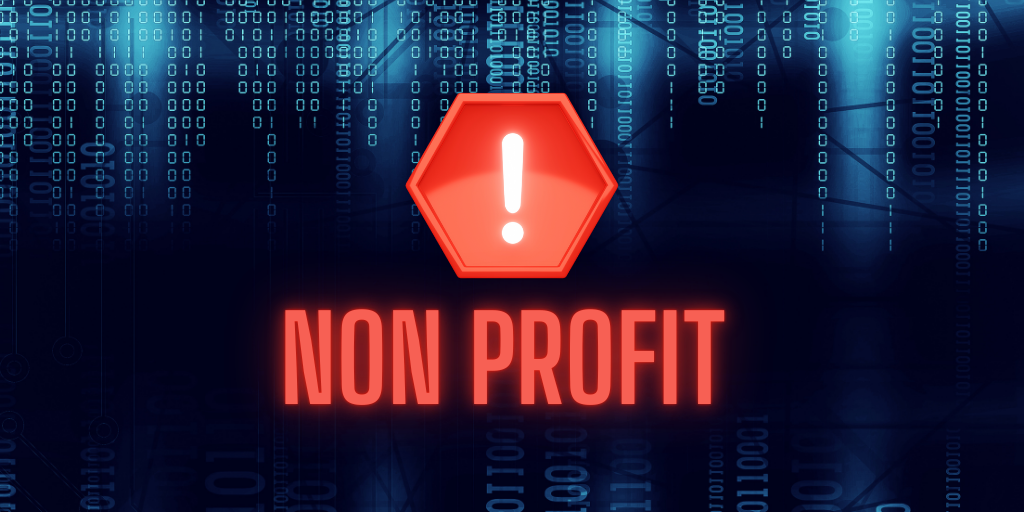Addressing CMMC Compliance Gaps for Small Businesses
Navigating the complex landscape of CMMC compliance can be a daunting task for small businesses, but with the right strategies, achieving and...
2 min read
.jpeg) Michael Markulec
:
Jul 7, 2023 3:40:38 PM
Michael Markulec
:
Jul 7, 2023 3:40:38 PM

While many believe that small and medium-sized businesses (SMBs) are immune to cyberattacks, the truth is quite the opposite. SMBs are increasingly becoming targets due to their prevalence in the business landscape. With limited resources, SMBS must prioritize cybersecurity effectively. The recent Verizon Data Breach Investigations Report (DBIR) provides valuable insights into the threats faced by SMBs. In this blog, we will discuss key findings from the 2023 DBIR and outline actionable steps to protect your business.
Attack Surfaces Are Converging: SMBs and larger organizations are becoming more alike in terms of their vulnerabilities. The increasing use of cloud-based software and shared infrastructure means that the attack surfaces of SMBs and larger firms share common threats. Attacks like system intrusion, social engineering, and basic web application attacks account for 92% of breaches in SMBs. Recognizing these patterns allows SMBs to focus on implementing appropriate security measures.
External Threat Actors Are Prominent: Third-party threat actors pose the biggest risk to SMBs, responsible for 94% of breaches. Financial gain is the primary motivation for 98% of attacks on SMBs, indicating that organized crime is the key threat rather than nation-states. The risk of insider threats within SMBs is minimal.
Human Vulnerabilities Persist: Human error remains a significant weakness in cybersecurity. Attackers often exploit stolen credentials (49%), phishing (12%), and vulnerability exploits (5%) to gain access to networks. Employees are involved in 74% of breaches. To address this, SMBs should prioritize security awareness and training programs to educate employees and reduce the risk of falling victim to attacks.
Business Email Compromise (BEC) on the Rise: Pretexting, a form of BEC, has doubled since the previous DBIR. While phishing is still prevalent, BEC poses a greater threat due to its increased success rate. SMBs should be cautious and educate employees about BEC tactics. Additionally, implementing robust data recovery processes is crucial to mitigate the impact of ransomware attacks, which continue to pose a significant risk.
To improve your cybersecurity, here are practical steps you can take:
By following these steps, you can enhance your cybersecurity measures and better protect your business from potential risks. Remember to regularly review and update your security practices to stay ahead of evolving threats.
The Verizon Data Breach Investigations Report offers valuable insights to help SMBs protect their businesses. By understanding common attack patterns, prioritizing cybersecurity efforts, and implementing the recommended steps, small and medium-sized businesses can fortify their defenses against cyber threats. Remember, safeguarding your business is an ongoing process, and staying proactive is crucial to maintaining a secure environment.

Navigating the complex landscape of CMMC compliance can be a daunting task for small businesses, but with the right strategies, achieving and...

In an increasingly digital world, non-profits are prime targets for cyber threats. You can just discover how a Virtual CISO can protect your...

Small businesses must prioritize secure messaging to protect sensitive information and maintain customer trust.